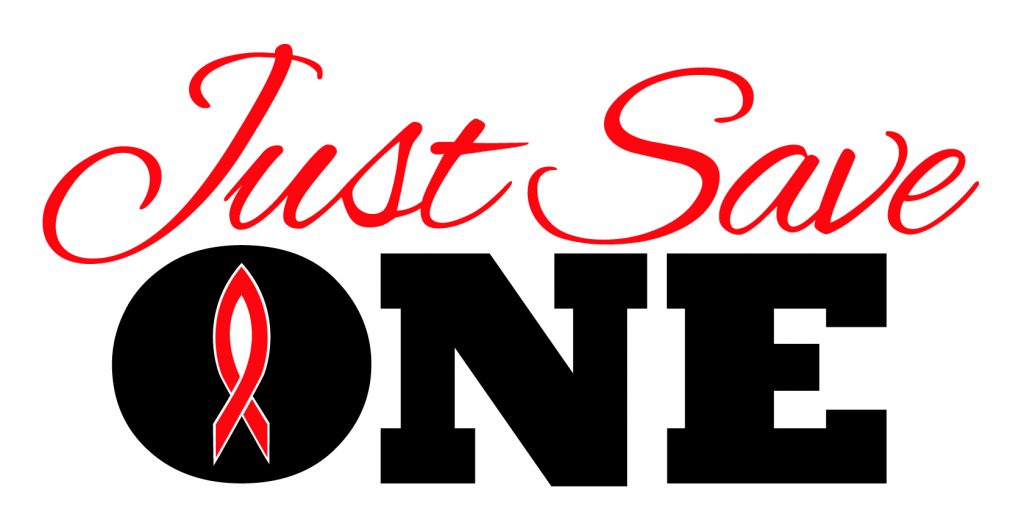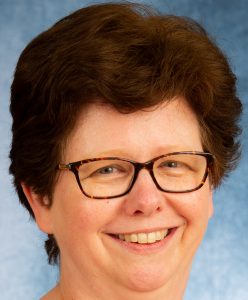 World AIDS Day, observed each year on Dec. 1, provides an opportunity for people around the world to unite in the fight against HIV and AIDS and to show their compassion and support to those living with the disease.
World AIDS Day, observed each year on Dec. 1, provides an opportunity for people around the world to unite in the fight against HIV and AIDS and to show their compassion and support to those living with the disease.
The Council of Bishops this week affirmed again the United Methodist Church’s commitment to a holistic approach of awareness, education, prevention, treatment, community organizing and public advocacy. The bishops also encouraged donations to the United Methodist Global AIDS Fund (Advance #982345).
S.C. United Methodists are encouraged to support these efforts in whatever way they are moved to do so.

Rev. James
“AIDS continues to be a silent epidemic around the world and in our own communities in South Carolina,” said the Rev. Kathy James, director of Connectional Ministries for the South Carolina Conference. “Churches have an opportunity to extend God’s grace by becoming educated about the facts about AIDS, by working to remove the stigma from AIDS patients, and by providing tangible support for these patients and their families.”
The UMC has been proactive in the fight against HIV and AIDS since at least 2004 when the General Conference adopted a resolution enshrining the church’s position into the denomination’s Social Principles:
“The global AIDS pandemic provides a nearly unparalleled opportunity for witness to the gospel through service, advocacy, and other healing ministries. United Methodist public health specialists, health workers, social workers, teachers, missionaries, clergy, and laity live and work in areas where the AIDS pandemic is spreading. United Methodist congregations, schools, health facilities, and women’s, men’s and youth groups can play a major role by providing awareness, support, education and care to those affected by HIV/AIDS.”
What can your local church do?
Since 2004, subsequent General Conferences have updated and reinforced the church’s commitment, encouraging local churches to engage by:
- Being places of openness where persons whose lives have been touched by HIV/AIDS can name their pain and reach out for compassion, understanding, and acceptance in the presence of persons who bear Christ’s name;
- Providing care and support to individuals and families whose lives have been touched by HIV/AIDS;
- Being centers of education and provide group support and encouragement to help men, women, and youth refrain from activities and behaviors associated with transmission of HIV infection;
 Advocating for increased levels of funding for HIV/AIDS. In the United States, persons should contact their representatives in Congress and urge adequate funding for the Global Fund for AIDS, tuberculosis and malaria, as well as the United States’ bilateral initiatives on AIDS;
Advocating for increased levels of funding for HIV/AIDS. In the United States, persons should contact their representatives in Congress and urge adequate funding for the Global Fund for AIDS, tuberculosis and malaria, as well as the United States’ bilateral initiatives on AIDS;- Observing World AIDS Day on or around Dec. 1 each year (see links below);
- Including problems of alcohol, drug abuse and unsafe sex and the value of abstinence as part of Christian education;
- Providing support, comfort, and care to those afflicted with alcohol-related problems, drug addiction and HIV/AIDS within their given mandate and work to implement needle exchange programs locally as a means of reducing the spread of AIDS;
- Making available creative programs and activities for school children, youth, and young adults that keep them away from alcohol and drug abuse; and
- Promoting and making available peer education models based on empowerment and self-determination.
Take action now
-
Donate to the United Methodist Global AIDS Fund (Advance #982345)
-
World AIDS Day worship resources from UMC Discipleship Ministries
-
Learn more about HIV/AIDS from the UMC General Board of Church & Society
